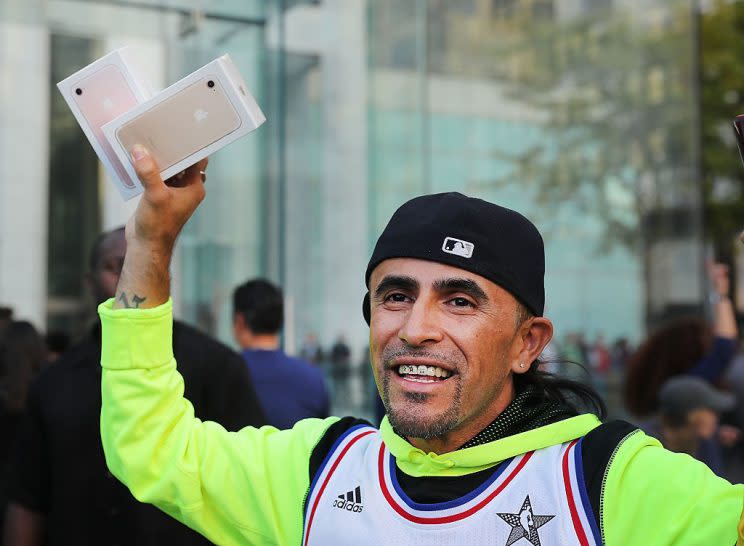Less than half of consumers take proper precautions to secure new tech: survey

A new study says that less than half of consumers take the proper precautions to secure new tech from online security threats.
The findings, which came from a survey commissioned by Intel Security, said that while 79 per cent of people start using their devices the day they got their hands on it, only 42 per cent took steps to protect them.
“Consumers are often eager to use their new gadget as soon as they get it and forgo ensuring that their device is properly secured,” Gary Davis, chief consumer security evangelist at Intel Security, said in a press release.
“Cybercriminals could use this lack of attention as an inroad to gather personal consumer data, exposing consumers to malware or identity theft or even use unsecured devices to launch DDoS attacks as in the recent Dyn attack.”
Respondents indicated that they realized the importance of securing their devices, but nearly half said they were uncertain whether they had taken the proper steps to do so.
While a majority of participants were also aware of the risks to traditional devices such as laptops, smartphones and tablets, many did not know that emerging tech such as drones and virtual reality gear are require vigilance.
Intel also ranked the holiday tech gifts that were most likely to be hacked, from highest risk to lowest, including:
Laptops and Pcs
Smartphones and tablets
Media players and streaming sticks.
Smart home devices and apps
Drones
The tech giant advised consumers to several precautions to protect themselves from online security threats.
It said users should secure their devices with security software, only secure Wi-Fi connections, update software, use a strong password and check unknown links by hovering over them to see the full URL before clicking on them.

 Yahoo Finance
Yahoo Finance 
